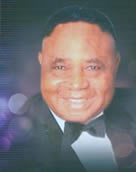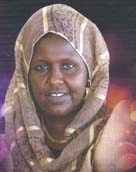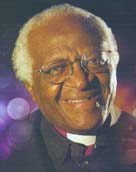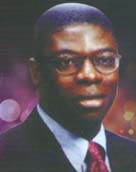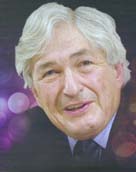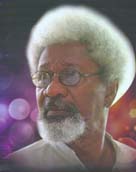| HOMEPAGE | BENIN THE HOME OF HEROES | FROM CRADLE TO BOYHOOD AND EARLY PUBLIC LIFE | THE BIRTH OF A DREAM | PRINCIPAL VENTURES |
| E-mail LOGIN |
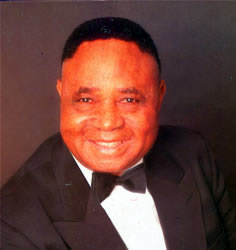
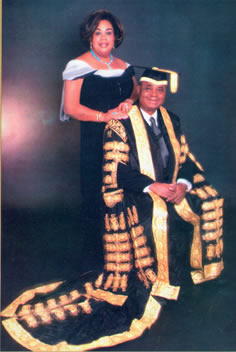 |
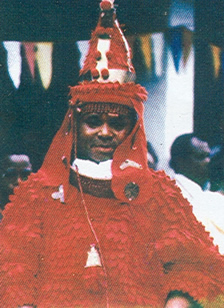 |
THE ESAMA OF BENIN KINGDOM |
 |
The Great Life of A Pioneer |
Igbinedion as a Benin family name is now a household word. It has become synonymous with Aviation, Industry, Education, Finance, Medical Care and Rural Development at local, national and international levels. The man who has made this possible in Africa is Sir (Dr.) Chief Gabriel Osawaru Igbinedion, the Esama of Benin Kingdom. Chief Igbinedion has attained great heights in life reminiscent of great achievers. He is a philanthropist and and a humanist of national dimensions and an industrialist of international fame...read on |
LIFETIME AFRICA ACHIEVEMENT PRIZE RECIPIENTS (2010)
|
|
| A great son of Africa who has become a towering international success. This is the powerful moving biography of one man's determination to win- H. R. H. Oba Lamidi Adeyemi lll, The Alaafin of Oyo |
| This remarkable biography weaves the story of an endlessly fascinating man, his family and business empire- Dr. Brian Aghedo PhD |
| Do you have what it takes to be an industrialist, businessman and philanthropist? Chief Gabriel Osawaru Igbinedion's life story tell how, withouth mortaginng your soul- Chief Pearnel Charles, Jamaica |
| Sir Igbinedion is a great man of trmemendous and unqualified resources. His humility and great service to humanity coupled with his willingness to help the less-privileged has earned him respect and admiration the world over- Prince Abubakar Audu, former executive governor of Kogi State, Nigeria. |
| Igbinedion does not believe in failure, he says, "don't be afraid, everyone has them and sometimes they can be resurrected with resounding success- Alfred Eghobamien Esq.SAN |
![]() A few Acknowledgements of Chief Igbinedion's Sense of Philanthropy
A few Acknowledgements of Chief Igbinedion's Sense of Philanthropy



